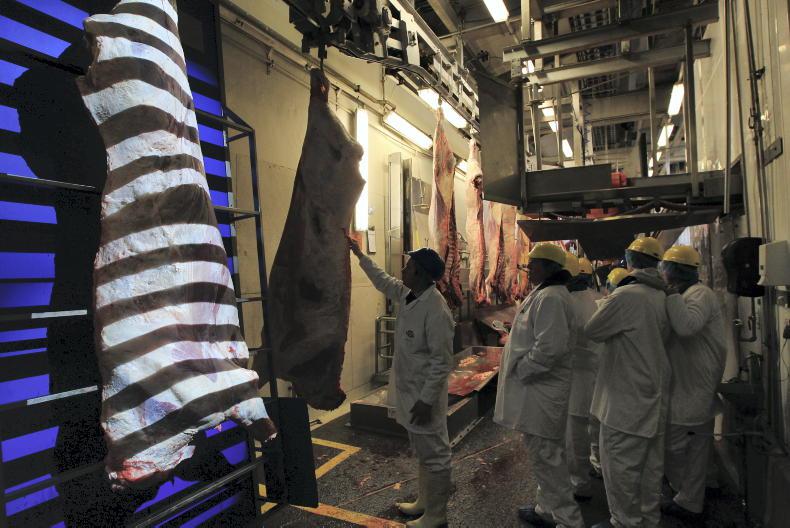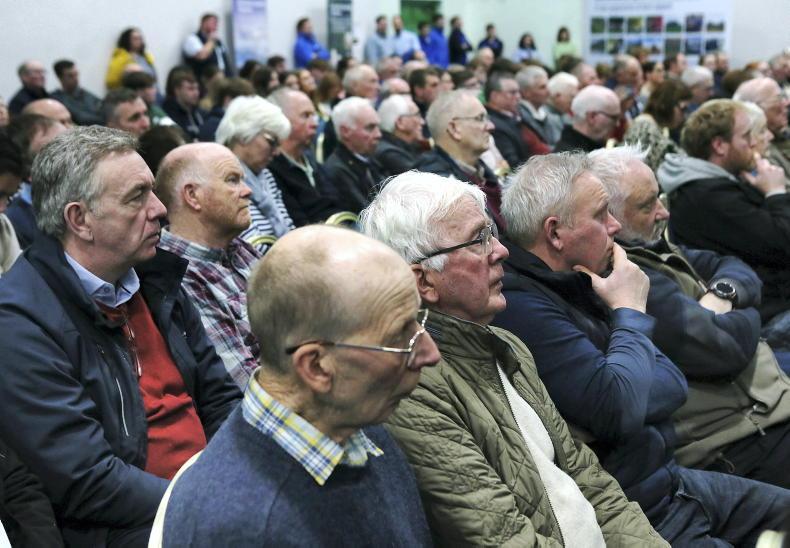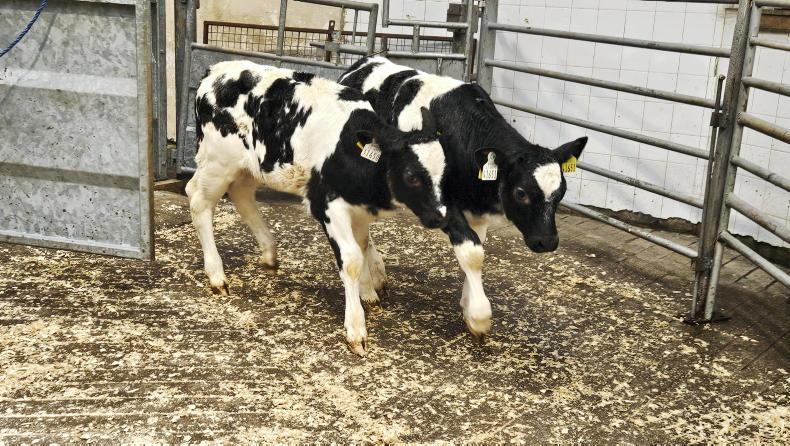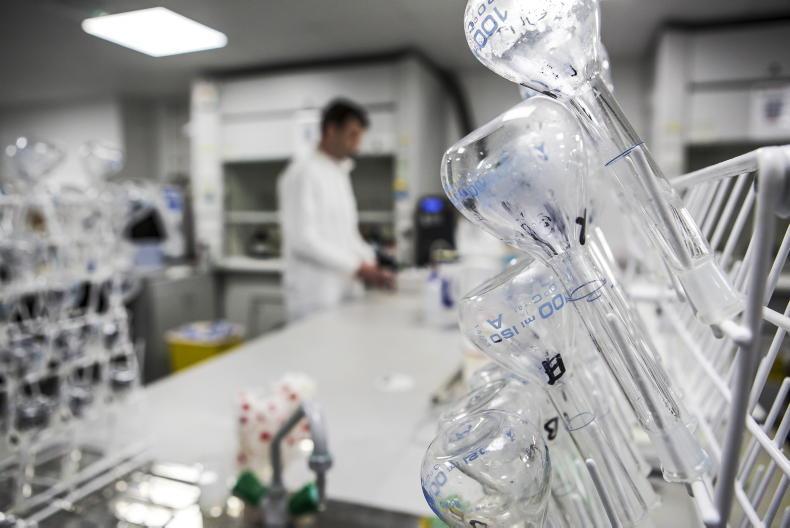The main political parties in NI have opposed proposals which would have effectively stopped all planning permission applications related to farming being passed.
The motion, which was tabled by the Green Party, called on the Minister for Infrastructure to stop planning approval for all projects which could lead to ammonia being emitted. It also called for a review of all approved planning applications within 7.5km of environmentally designated sites.
Representatives from the five largest parties at Stormont spoke during the debate and they were united in not supporting the motion in its original form.
Whilst all parties agreed that ammonia emissions in NI need to be reduced, concerns were raised about the negative impact that the proposals would have on local farmers and the wider agri food industry.
“The solution to addressing our ammonia problem can be found only by working with and not against our farmers,” said Philip McGuigan from Sinn Féin.
The current planning system was heavily criticised during Monday’s debate and several MLAs mentioned cases where planning applications to replace existing farm buildings have been rejected.
“Contrary to blocking planning and construction, we should be encouraging the development of more energy efficient and environmentally friendly buildings,” said the DUP’s Harry Harvey.
Head of NIEA
The issue of replacing and upgrading farm buildings was also raised by MLAs last week in a briefing with the head of the NI Environment Agency, David Small.
“I agree. If farmers are not able to update and modernise farm buildings, it will have an impact on the farm’s viability. It is something that we need to work out and find a solution,” Small responded.
He said that if DAERA’s upcoming ammonia reduction strategy is “ambitious enough”, it could allow “greater latitude and discretion” on how environmental rules within the planning system are applied.
Emissions
A consensus also appears to be building among local politicians about how greenhouse gas (GHG) emissions from NI farming are not being accurately represented under the current accounting system.
Agriculture Minister and DUP MLA Edwin Poots has previously been most vocal in pointing out that carbon dioxide is removed (sequestered) from the atmosphere by grassland.
But Sinn Féin’s Declan McAleer also raised the issue during a meeting with DAERA officials last week. “Farming and food production are part of a biological cyclical process which involves the sequestration of carbon dioxide,” he said.
Ammonia strategy
Meanwhile, the long awaited DAERA draft ammonia strategy will be going out for public consultation soon, UFU members were told in an online event last Wednesday.
“We have a draft ready – our intention is to have it out as soon as possible” said Paddy Savage from DAERA.
The strategy is expected to set out a series of proposals designed to reduce ammonia emissions, as well as measures that could be used to restore and manage sensitive habitats.
During his presentation Savage was clear that low emission slurry spreading (LESS) will be central to the proposals to reduce emissions in NI. “Reductions of well over 10% [through LESS] are a pretty compelling message from a policy perspective. LESS is where the future lies.”
While contractors (from 1 February 2021) and larger farms with over 200 livestock units (from 1 February 2022) are required to use LESS equipment, Savage was asked if there will be a complete ban on splash plate spreading by 2025. “That will be consulted upon, but the move to LESS is critically important” he responded.










SHARING OPTIONS